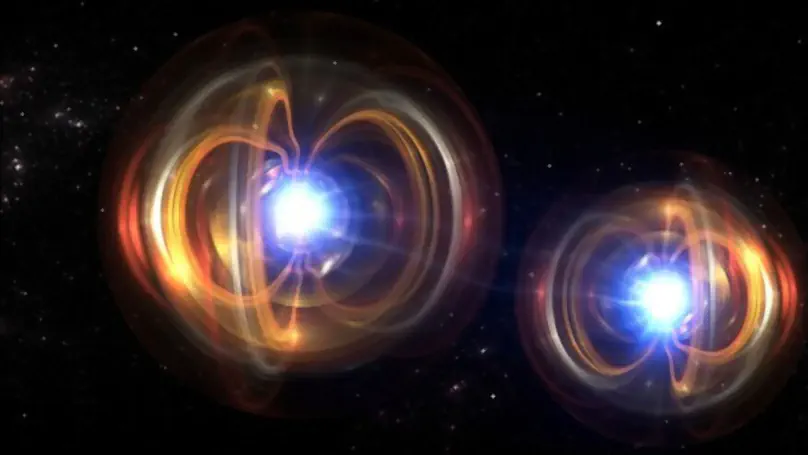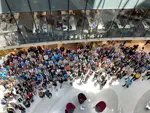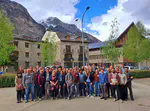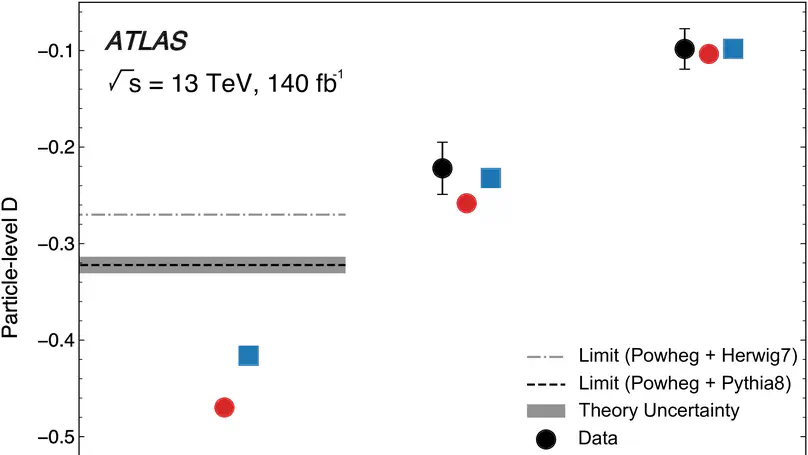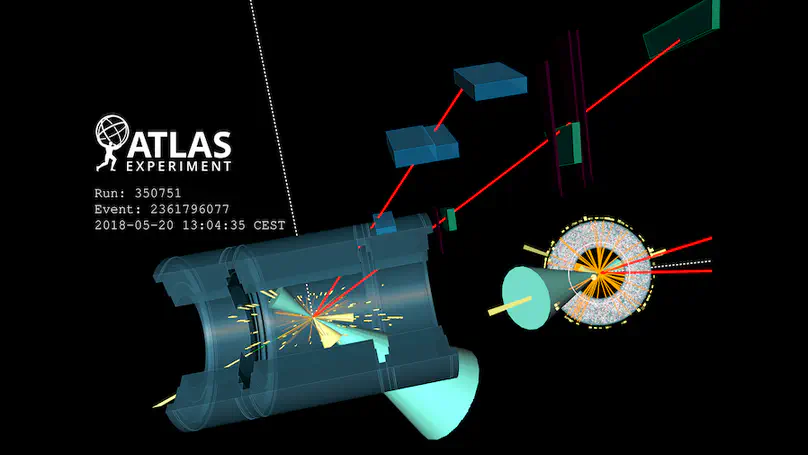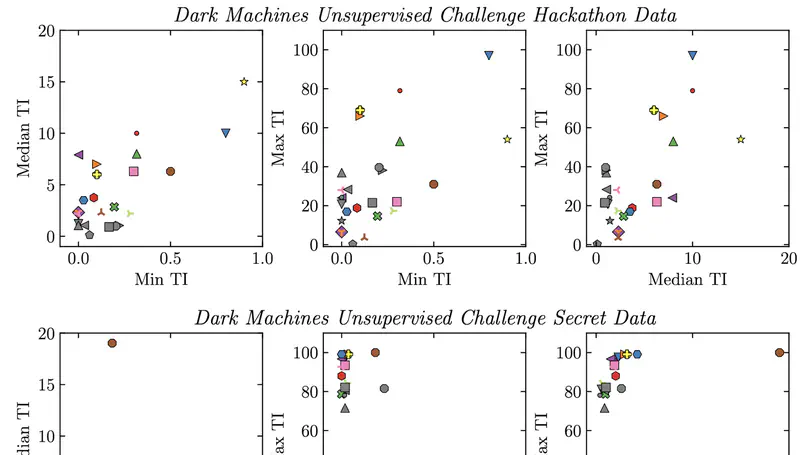Particle physics. Machine learning. ATLAS.
I am a Fellow of CERN, the European Organisation for Nuclear Research. I focus on searching for new physics at the Large Hadron Collider with the ATLAS experiment, using precision measurements of the top quark and machine learning tools.
PhD in Experimental Particle Physics, 2020
University of Sheffield (UK)
Part III Maths, 2016
University of Cambridge, DAMTP (UK)
BSc in Physics & Philosophy, 2015
King's College London (UK)
- psychology Machine Learning
- insights Likelihood-free Inference
- filter_tilt_shift Anomaly detection
- blur_on Effective Field Theory
- join_inner Quantum entanglement
Experience
My CERN fellowship is split between my work on the ATLAS experiment at the LHC and preparations for the future ALLEGRO detector at the FCC. My research focuses on connecting quantum information theory with particle physics, particularly in the top quark and Higgs boson sectors. I am also involved in performance studies of tile calorimeters for FCC.
Other responsibilities include:
- Leading the ATLAS Top Properties & Mass subgroup
- Developing analysis software pipelines towards the High-Luminosity LHC
During my Humboldt fellowship, I studied the electroweak couplings of the top quark:
Other responsibilities included:
I led the legacy
Other responsibilities included:
- Supervision of MSc and PhD students
- Summarising ATLAS and CMS
- Supporting the ATLAS Top group in Monte Carlo generation
- Acting as ATLAS Trigger online expert and online release coordinator
- Funding assistance for UK HEP workshops
- Organisation of the yearly Astrophysics + HEP conference
- Liaison with UK students
- Outreach activities
Recent &
Upcoming Talks
Featured Publications
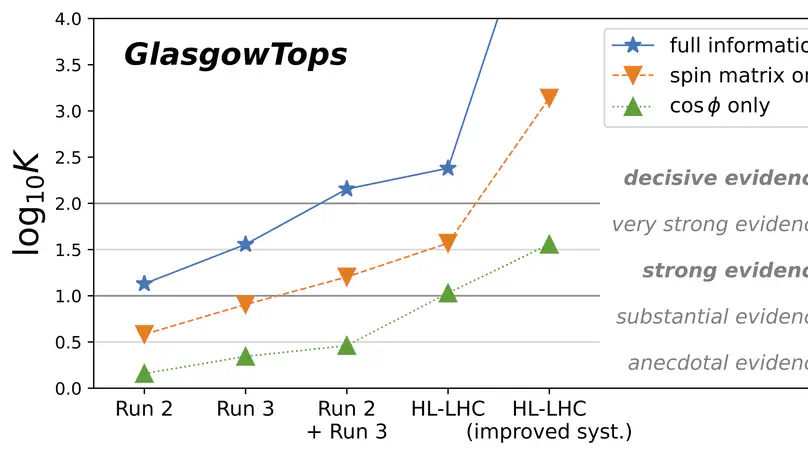
Spin correlations between the top quarks in the
Recent Publications
Get in touch
- baptiste.ravina@cern.ch
-
CERN - European Organization for Nuclear Research
Geneva, 23
1211
Switzerland - DM Me
- Skype Me

